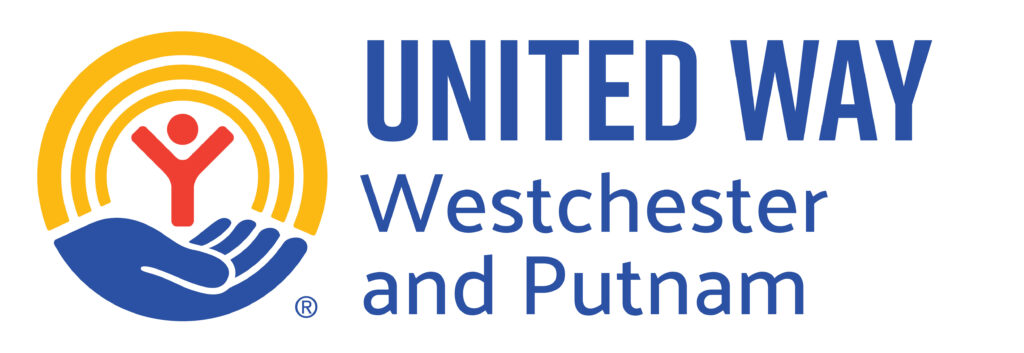Coronavirus FAQ
Am I likely to become infected with COVID-19? While there are known cases of COVID-19 in New York State, including Westchester County, the risk of becoming infected with COVID-19 remains low. If widespread cases were to occur in our area, most people are likely to experience mild to moderate disease with full recovery. In addition to staying informed, you can reduce your risk of becoming infected by taking proper prevention measures similar to what is recommended to avoid the common cold and flu.
What is a coronavirus? Coronaviruses are a group of viruses that can cause either mild illness, such as a cold, or can make people sick with pneumonia.
What is a novel coronavirus? A novel coronavirus is a new strain of coronavirus that has not been previously identified in humans. Recently, a novel (new) coronavirus called COVID-19 was detected in thousands of people worldwide, primarily in China. Multiple cases of COVID-19 have been confirmed in the U.S. and it is expected that more cases of COVID-19 will be identified in the future. For the most recent case information, visit the CDC Coronavirus Disease 2019 (COVID-19) Situation Summary webpage.
How is COVID-19 spread? Many of the initial patients with COVID-19 in China had links to a large seafood and live animal market, suggesting animal-to-person spread. However, cases being reported at this time have been occurring through person-to-person spread. The virus is thought to spread mainly:
• Between people who are in close contact with one another (within about 6 feet).
• Through respiratory droplets produced when an infected person coughs or sneezes.
These droplets can land in the mouths or noses of people who are nearby or possibly be inhaled into the lungs.
What are the symptoms of COVID-19? The most common symptoms include fever, cough and shortness of breath. In more severe cases, an infection can cause pneumonia, severe acute respiratory syndrome, kidney failure and even death.
What should I do if I (or someone I know) traveled to an area where COVID-19 is spreading? Anyone who has traveled to a CDC Level 3 destination (one that is experiencing widespread sustained transmission of COVID-19) should self-quarantine at home for 14 days following their return. For the most recent travel alerts, visit the CDC Coronavirus Disease 2019 Information for Travel webpage. You should monitor your symptoms and call your health care provider if you feel sick with fever, cough, or have difficulty breathing. If you need to go to your doctor’s office or an emergency room, call ahead and tell them about your recent travel and your symptoms. The same precautions should be taken if you have been in close contact with someone who has confirmed COVID-19. You should also avoid contact with others.
Who can be tested for COVID-19? New York State is now able to perform testing for COVID-19. All testing performed on patients in Westchester County must be approved by the Westchester County Department of Health. The CDC has developed specific criteria for who can be tested for COVID-19. As the situation evolves, the criteria may change. For the most current testing criteria, visit the CDC Evaluating and Reporting Persons Under Investigation (PUI) webpage.
Is there a vaccine or treatment for COVID-19? There is currently no vaccine to prevent COVID-19. There is also no specific treatment for COVID-19 disease at this time. However, most people will recover on their own after resting and drinking plenty of fluids. To relieve symptoms, people with the virus can take pain and fever medication, use a room humidifier or take hot showers to help ease a sore throat and cough.
What can I do to protect myself? You should go about your daily life, but take the same precautions that you would during cold and flu season:
• Wash your hands often with soap and water for at least 20 seconds. Use alcohol-based hand sanitizer if soap and water are not available.
• Cough or sneeze into your sleeve or a tissue (not your hands), then throw the tissue in the trash.
• Avoid close contact with people who are sick.
• Avoid touching your eyes, nose, and mouth.
• Stay home when you are sick.
• Clean and disinfect frequently touched objects and surfaces using a cleaning product that contains bleach.
Will wearing a surgical mask protect me from COVID-19? Surgical masks do not protect the person wearing the mask from infection with COVID-19. Surgical masks should only be worn by people showing symptoms of COVID-19 to help prevent the spread of disease to others. In addition, N95 respirator masks are not recommended for the general public and should only be worn by health care workers who have been properly fitted for them.
Should I travel during the COVID-19 outbreak? If you are planning to travel, visit the CDC Coronavirus Disease 2019 Information for Travel webpage for the latest travel advisories related to COVID-19.
